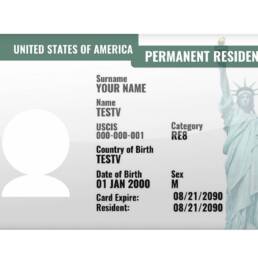Green Cards
July 5, 2018
How to Calculate a Day for Immigration Purposes
June 25, 2018
Outline of the Marriage Based Green Card Process
April 11, 2018
Marleen Pfeiffer & Juan Reyes US Green Card
April 11, 2018
Ariel Shaffir & Kyle Hunter Working in the US
April 10, 2018








